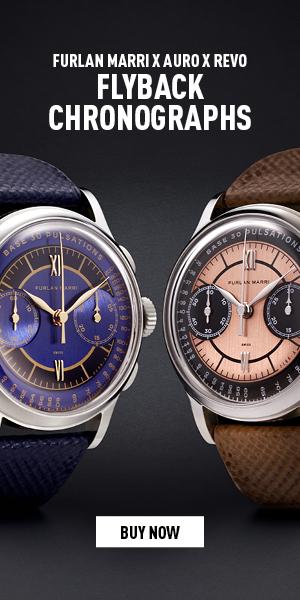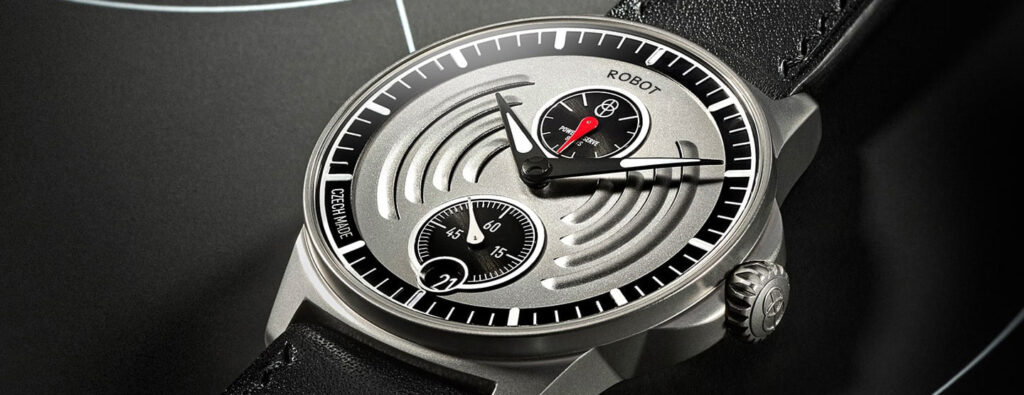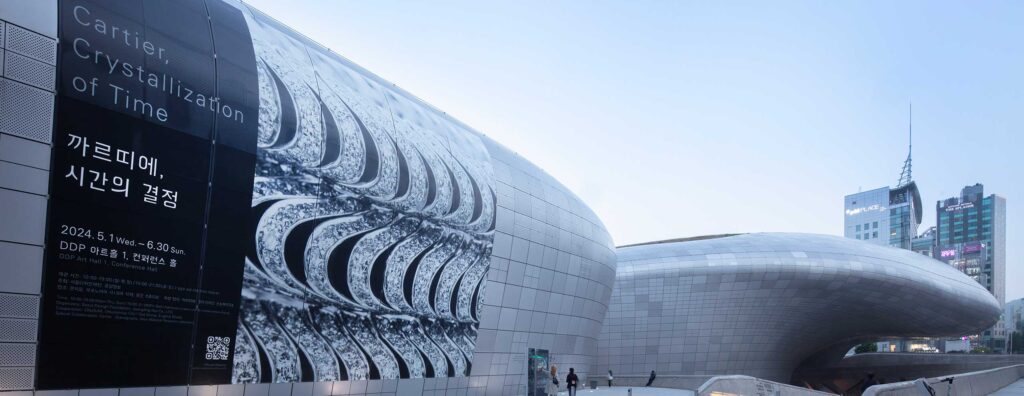Opinion
Some Sound Advice
Opinion
Some Sound Advice
Glamorous, riddled with celebrities, existing in the world of luxury goods – even the ups-and-downs of unit sales barely attract attention. And yet currently the industry is experiencing the kind of turmoil which might, I fear, herald major blood-letting. As cosy and secure as the Swiss watch industry believes itself to be, there are precedents where arrogance – and the Swiss are nothing if not haughty – decimated a once-healthy business. But it’s not necessarily a case solely of pride coming before a fall.
For nearly 25 years, I have been exhorting those who would listen to start dealing with seemingly mundane issues. Alas, I do not have every watch company CEO on speed dial. But even if I did, they care not about my cautionary tale because I am neither Swiss, a banker, nor – better still – a Swiss banker. It seems that the Swiss listen to no-one else. Not even priests.
My 21st century fable involves an industry with so many parallels to the watch business that it seems like a badly plotted novel: high-end audio equipment.

Sony advertisement for CD players, 1984
Parallel No. 2 is an annual show which serves the same function as Baselworld. It’s even roughly the same size, at around 130,000-150,000 visitors, though it’s trade-only. Taking place every January in Las Vegas, the Consumer Electronics Show includes just about everything that runs on electricity, and is now dominated by drones, phones and flat TVs. Ten years ago, though, roughly a thousand high-end audio names were in attendance. For January 2019, around 25 remain. Yes: two-five. Why? Add a mix of arrogance, show politics, stupidity, unprofessionalism, internet sales and the demise of retailers to the damage wrought by digital audio, and the result is the obliteration of an entire industry’s presence at the most important event in the calendar.

VR exhibit at CES 2018
Eloquently explained by Wei Koh here, the unbelievably rapid decline of Baselworld has resulted in the absence of the Swatch Group, the biggest watch family in the business. In the wake of this monumental withdrawal, Corum, Maurice Lacroix, de Grisogono and others have followed suit, although the exodus began before Swatch’s decision, with a number of brands finding space at SIHH.
Baselworld’s contraction needn’t have happened. I asked Jean-Claude Biver, one of the industry’s canniest thinkers, what could save it, and without hesitation he cited a cut in ticket prices for the public, fewer days for the event and – to my surprise – a return to the sorely missed scheduling adjacent to SIHH.
It’s too late for CES and the presence of speciality hi-fi at that show. Instead, the brands congregate at the High End Show in Munich. For those who hate Las Vegas, it’s a blessing. For the industry itself, it’s salvation. But it’s not too late for Baselworld.
Why should anyone care? As Biver pointed out, the small makers need it. But the big guys gain something, too. Says Biver: “It’s the small brands that are inventive, and they inspire us.”

The last of the die-hards: Sign outside Rob’s Records. (From the book 12x12: 40 Minutes in Rob’s Records)










